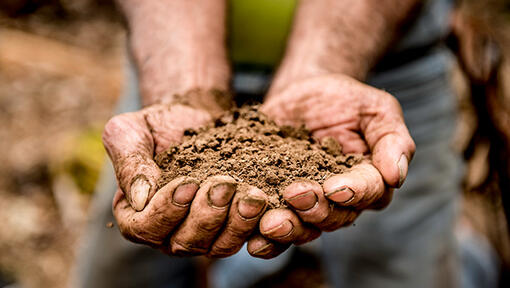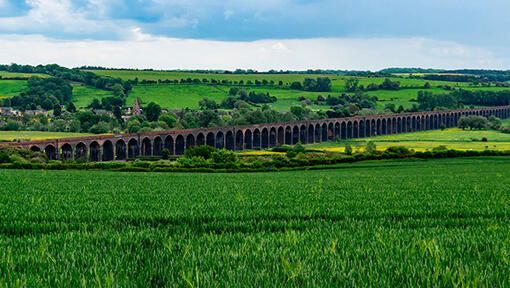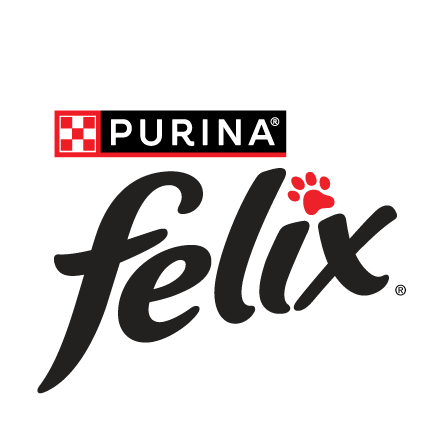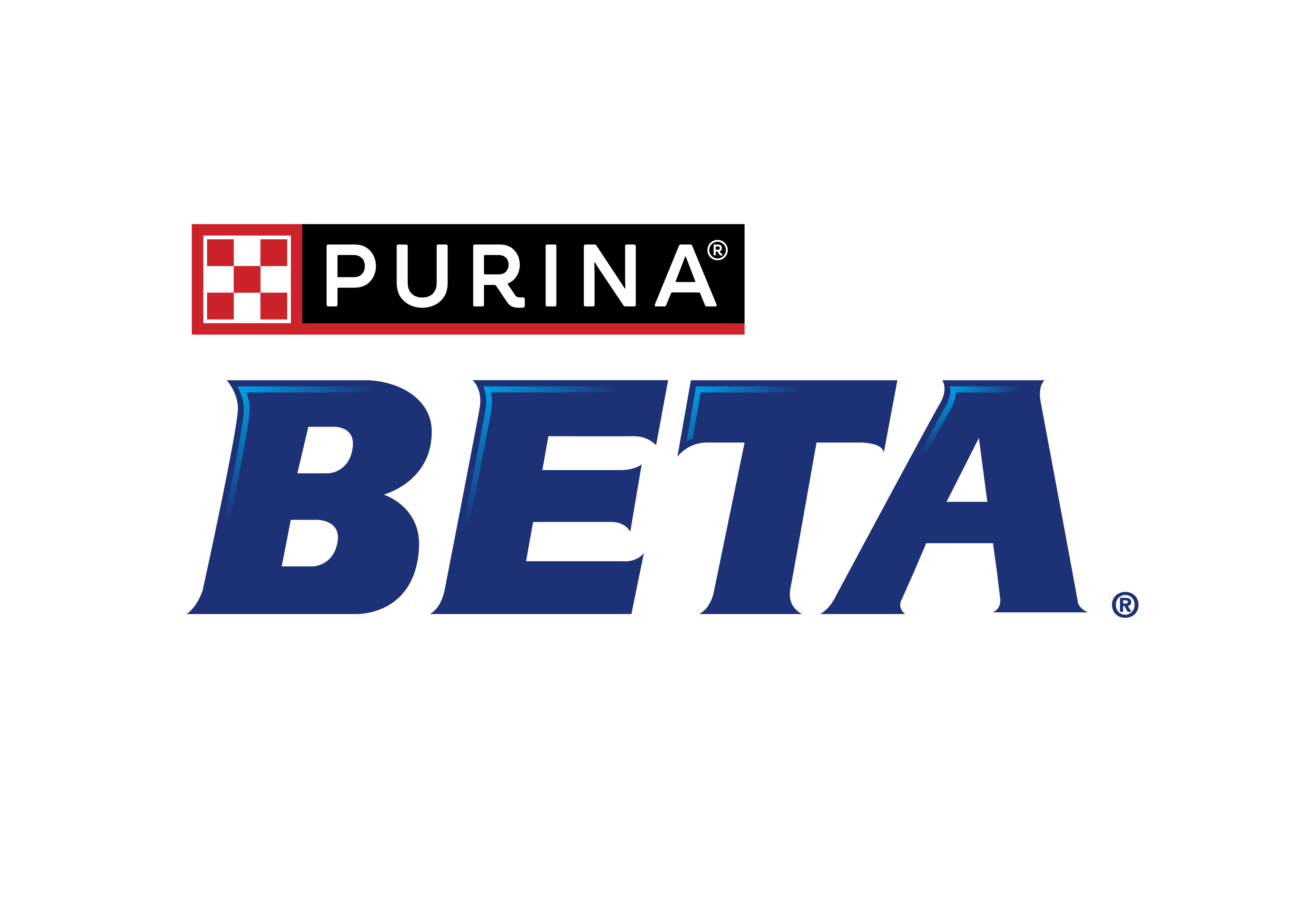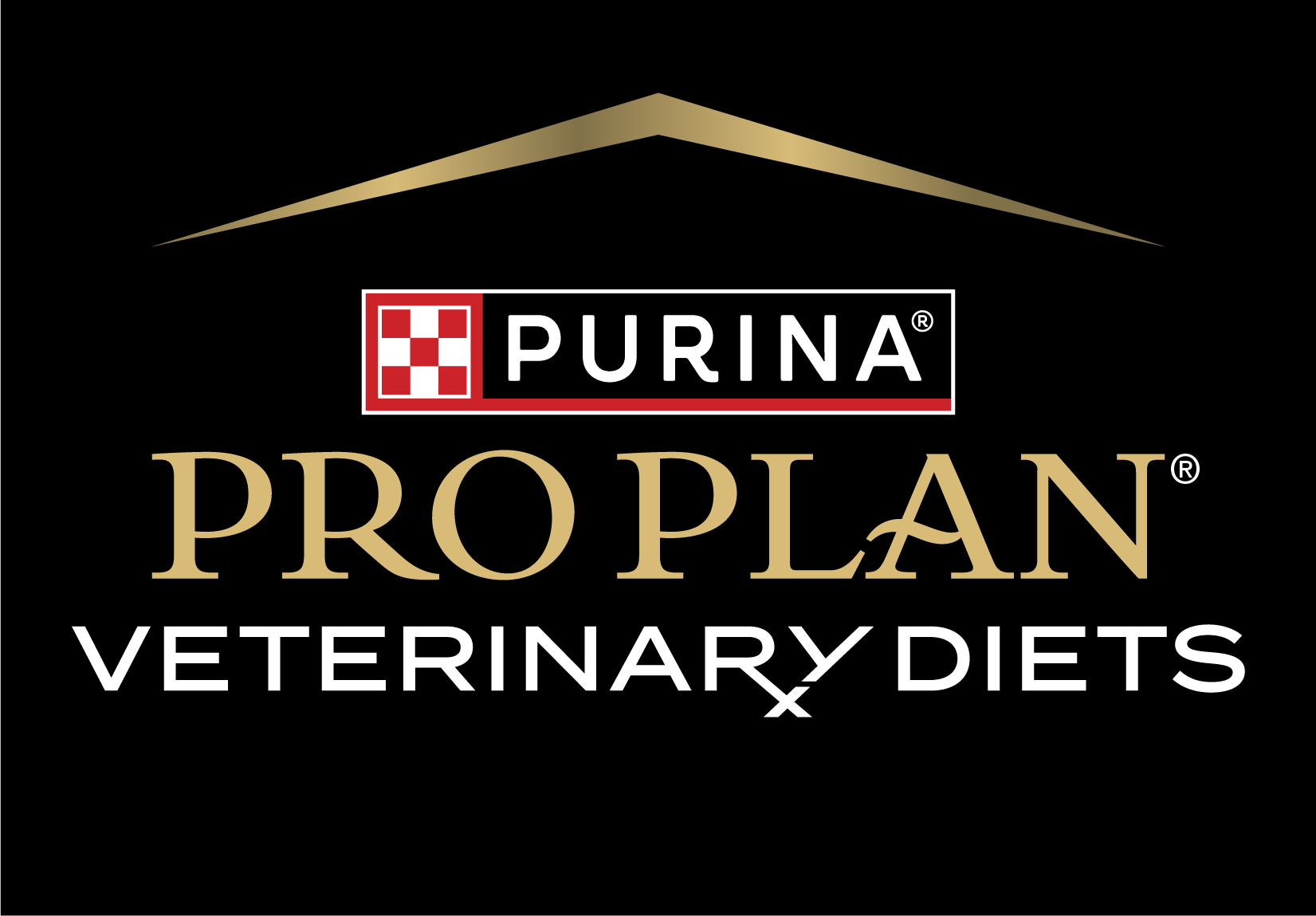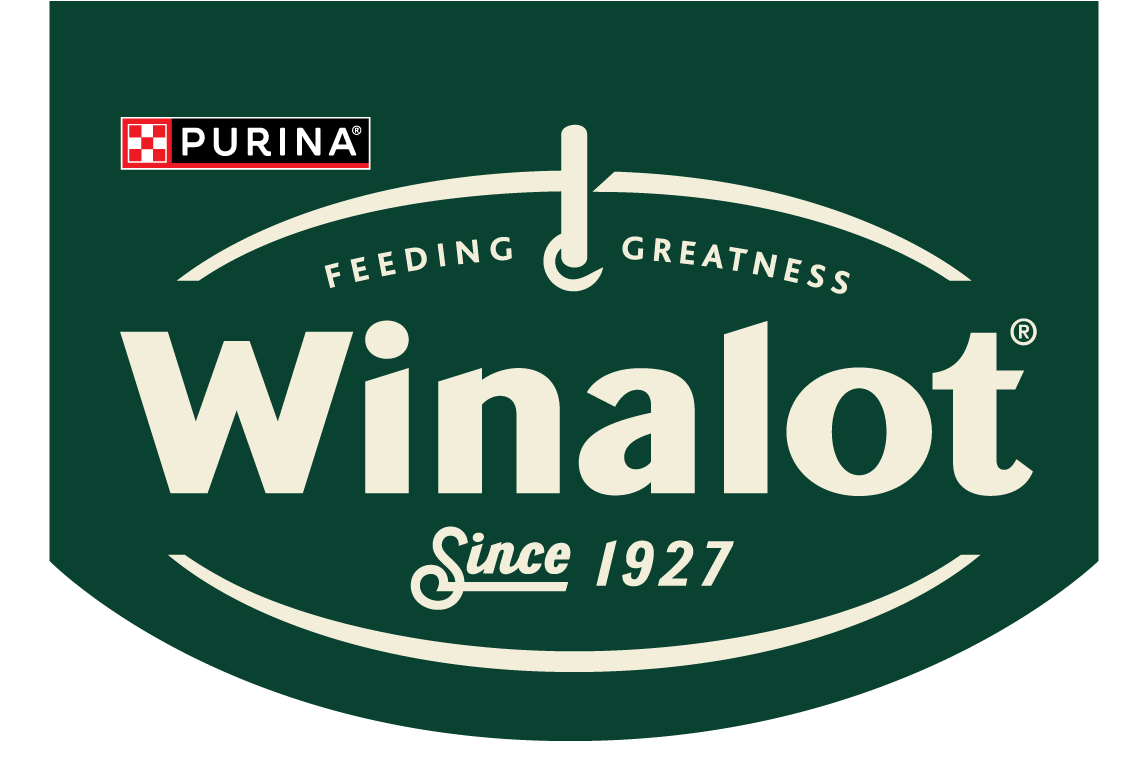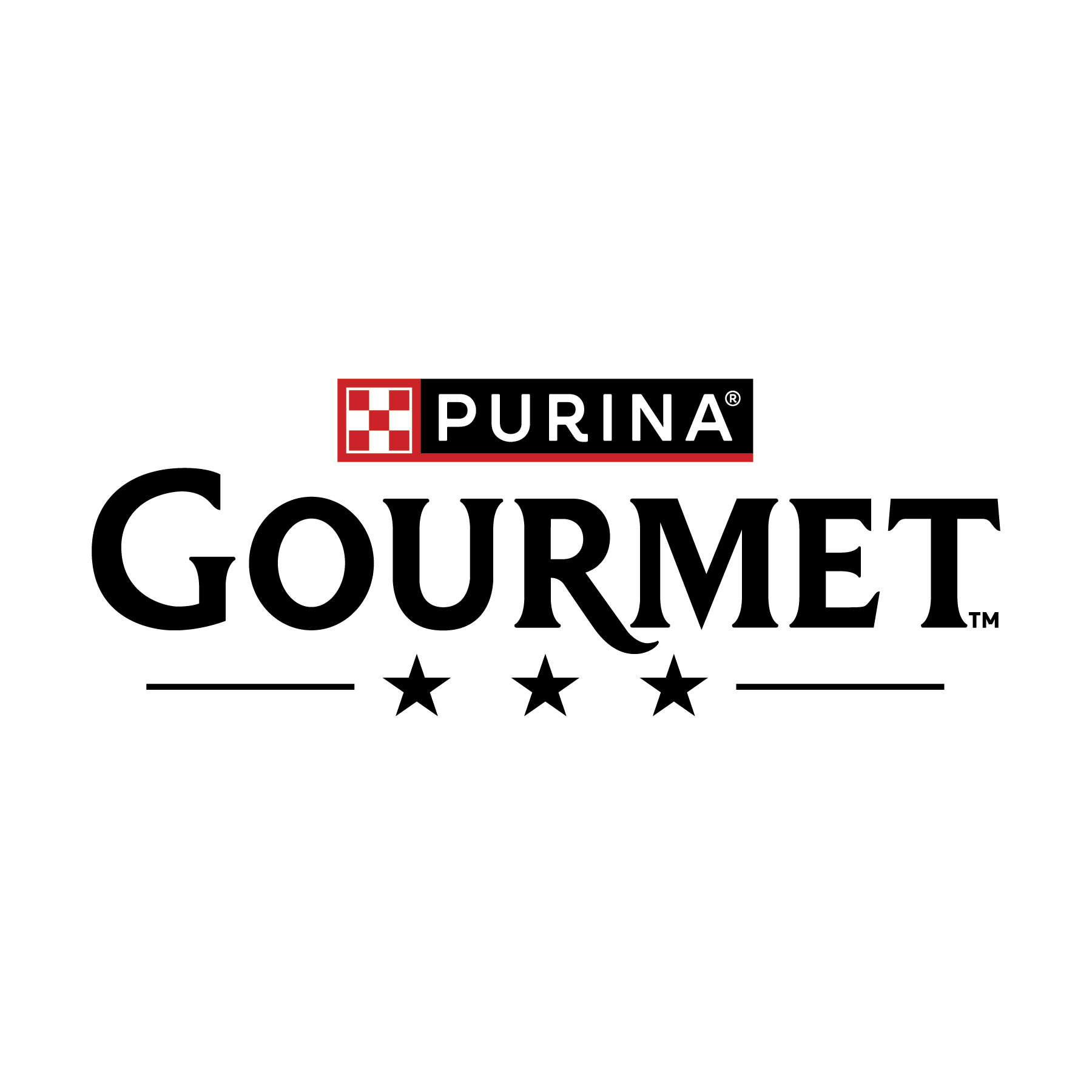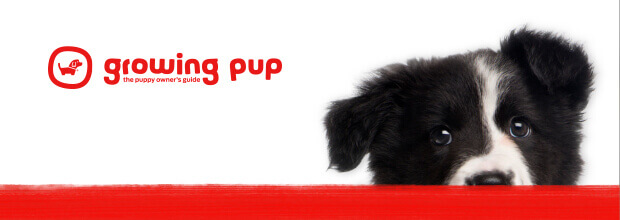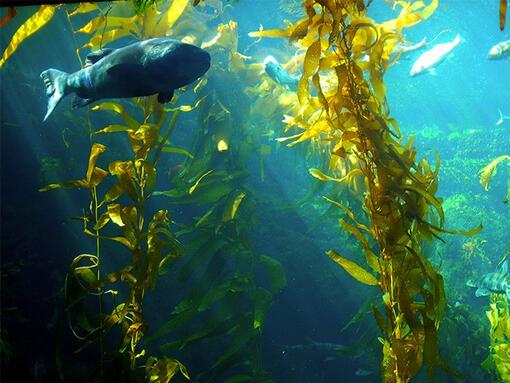
Advance regeneration of soil and ocean ecosystems
We are working to help support regeneration of the land and the oceans.
Climate and Nature 2030:
We need to address our impact on the complete ecosystem and therefore our focus is first on those areas within our impact. For example, the land and fertilisers we use, how we contribute to restoring the ability of the soil and ocean to capture carbon and the biodiversity of both. Our commitment includes the following 2030 goals:
- Cutting our CO2 emissions by 50%.
- We strive to reduce the excess nitrogen and phosphorus from fertilisers in our agricultural supply chain.
- We strive to limit land use as well as improving land quality through regenerative agriculture practices.
- We strive to contribute with our actions to halting the loss of nature and to start reversing this trend by 2030.
- We will address bycatch with our global partners for fish e.g. Sustainable Fisheries Partnership (SFP) and will collaborate and support Fishery Improvement Projects (FIPs) related to fish species in our products.
- We will action seaweed and seagrass restoration projects to help us capture more carbon and promote biodiversity.
With our new Purina commitments, we have broadened the scope and set out a new ambition.
Guided by the Planetary Boundaries Framework (Stockholm Resilience Center) we have looked at the areas that our business impacts the most and we have established targets for 6 out of the 9 planetary boundaries. As there is interconnectivity between the boundaries, our actions aim to positively impact on planetary health holistically to ultimately contribute to the regeneration of our planet.
Climate change and biodiversity are the most pressing environmental challenges of our time.
Food systems contribute to 80% of global deforestation and are responsible for 29% of global green house gas emissions (GHG).
They are also the single largest cause of biodiversity loss.
We have this decade to halve our global carbon emissions and halt the loss of nature.
With this in mind, our plan is to:
- Implement regenerative agricultural practices for our key ingredients to help improve soil health, contributing to the reduction of carbon emissions towards Net Zero.
- Strive to limit our land use and reduce the excess nitrogen and phosphorus from fertilisers in our agricultural supply chain.
- Help advance biodiversity for land and oceans by integrating these actions into our supply chain.
- Action seaweed and seagrass restoration projects to help us capture more carbon and promote biodiversity.
Regeneration in a nutshell
Regenerative practises are ultimately about protecting our oceans and lands from further damage and enabling them to restore their health.
Both, land and ocean are part of the same ecosystem, so we cannot look at one without understanding the impact on the other.
Regenerative agriculture is focused on improving soil health and soil fertility and has multiple benefits. These benefits include removing C02 (carbon dioxide) from the atmosphere and storing it as carbon in soils. Similarly, ocean regeneration can help remove excess carbon dioxide and other pollutants (such as emissions from fertilizer), through capturing emissions in seaweed and storing it in the seabed.
Regenerative practices have an amazing potential to sequester C02 in the soil and ocean. We are working to help support the regeneration of both.
Purina Sustainability Expert
Building on Nestlé's Purpose
Just as we are committed to improving the lives of pets and the people who love them, our parent company Nestlé, is committed to enhancing quality of life and contributing to a healthier future for individuals and families, starting with our communities and the planet.
Along with Nestlé UK, Nestlé Cereal Partners UK and Anglian Water, Purina UK has invested in a landscape initiative across the region, called Landscape Enterprise Network (LENs). LENs is an independent mechanism through which businesses with a common interest in protecting the environment can work together. The farmers involved are being funded to implement measures to take a regenerative approach to farming.
This first project will impact 4,335 hectares of land in the East of England. The measures funded by the deal include: cover crops, which protect water quality and mean soil is less exposed to erosion. Reduced cultivations, to help keep soils healthier and reduce losses of CO2 to the atmosphere.
Crops in rotation, to reduce pest pressure, improve soil structure and enable reduced dependency on synthetic fertilisers. And hedge planting, which can create a biodiversity habitat, capture carbon and bring a number of soil health benefit.
These nature-based solutions are fundamental to regenerative farming. In other words, food and petfood can be produced with less impact on the environment, and can even help in regenerating the landscapes which we rely on for our food supply and as places to live in and enjoy.

